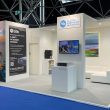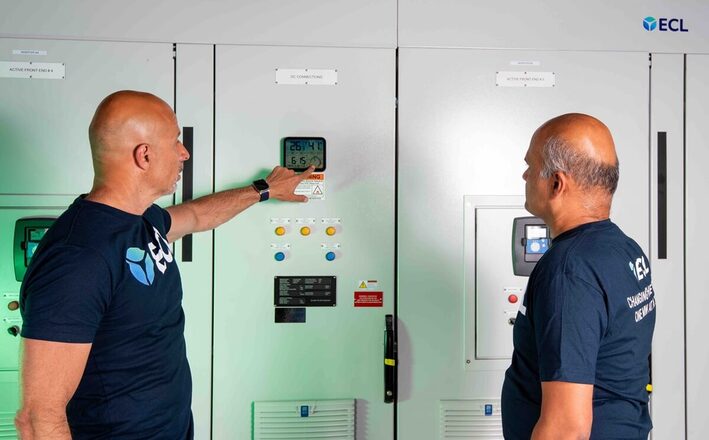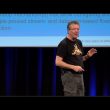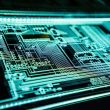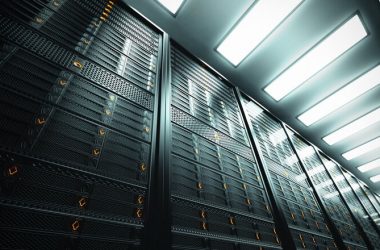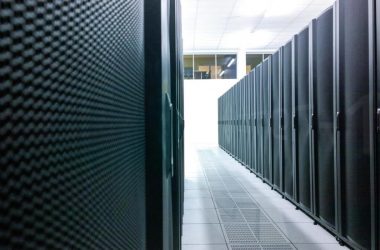ECL has announced the delivery of what it touts as the world’s first hydrogen-powered data center at its MV1 facility in Mountain View, California. This revolutionary data center, which operates entirely off-grid, would mark a significant milestone in sustainable technology, aiming to cater specifically to the intensive computational demands of artificial intelligence (AI).
The unveiling coincides with the announcement of an additional $10 million in funding for the company led by Hyperwise Ventures, intended to accelerate innovation and expand ECL’s global reach.
Designed with the future in mind, ECL’s data centers would boast a power usage effectiveness (PUE) of 1.1, and can support high-density deployments of up to 75kW per rack. This would make them uniquely suited to handle the massive computational needs of AI applications. The modular, built-to-suit design would allows these data centers to be constructed and operational in less than 12 months, significantly faster than “the industry standard of two to three years.”
The data centers are not only innovative in their power usage but also in their cooling technologies. ECL employs a system that utilizes water generated from hydrogen-based power to cool the racks, along with a proprietary rear door heat exchanger. This approach entirely eliminates the need for local water resources, aligning with the company’s goal of achieving zero emissions and complete sustainability.
A key component of ECL’s offering is its data center management system, ECL Lightning, which provides real-time monitoring and control over all aspects of the data center. This system would ensure optimal performance of AI and other computational workloads, offering clients comprehensive visibility and configuration capabilities through an intuitive user interface.
Anchor Tenant: Cato Digital


Dean Nelson, CEO at Cato Digital, highlighted the critical role of innovative data center designs in meeting the burgeoning demands of AI. “The rapid expansion of AI has put incredible strain on global data center power capacity. Building more of today’s current data centers won’t solve it. We have to rethink how to deploy dense compute to serve this unprecedented growth. ECL is uniquely positioned as they have redesigned the data center from the ground up. It is setting a new standard for excellence in the design, development, and delivery of hydrogen-powered data centers today, not years from now.”
ECL was established in 2021 by Yuval Bachar, who brings extensive experience from leading roles at Microsoft Azure, LinkedIn, Facebook, Cisco, Juniper Networks, and Digital Equipment Corporation (DEC). Bachar, a founder of the Open19 project and former president of the Open19 Foundation, holds eight U.S. patents with an additional 20 pending in data center, networking, and system design.
Bachar emphasized the transformative potential of hydrogen power in the data center industry. “Many data center providers have identified hydrogen as the power source of choice for the future due to its exceptional safety record, improved efficiency and reliability, sustainability, and recent technological advancements,” he said. “The significant upfront cost associated with re-engineering existing facilities and transitioning to hydrogen fuel cells makes the transition prohibitive for most data center operators. ECL has broken the mold, embracing not only hydrogen but the opportunity to support the ever-increasing space, power, and cooling demands of the AI industry.”



